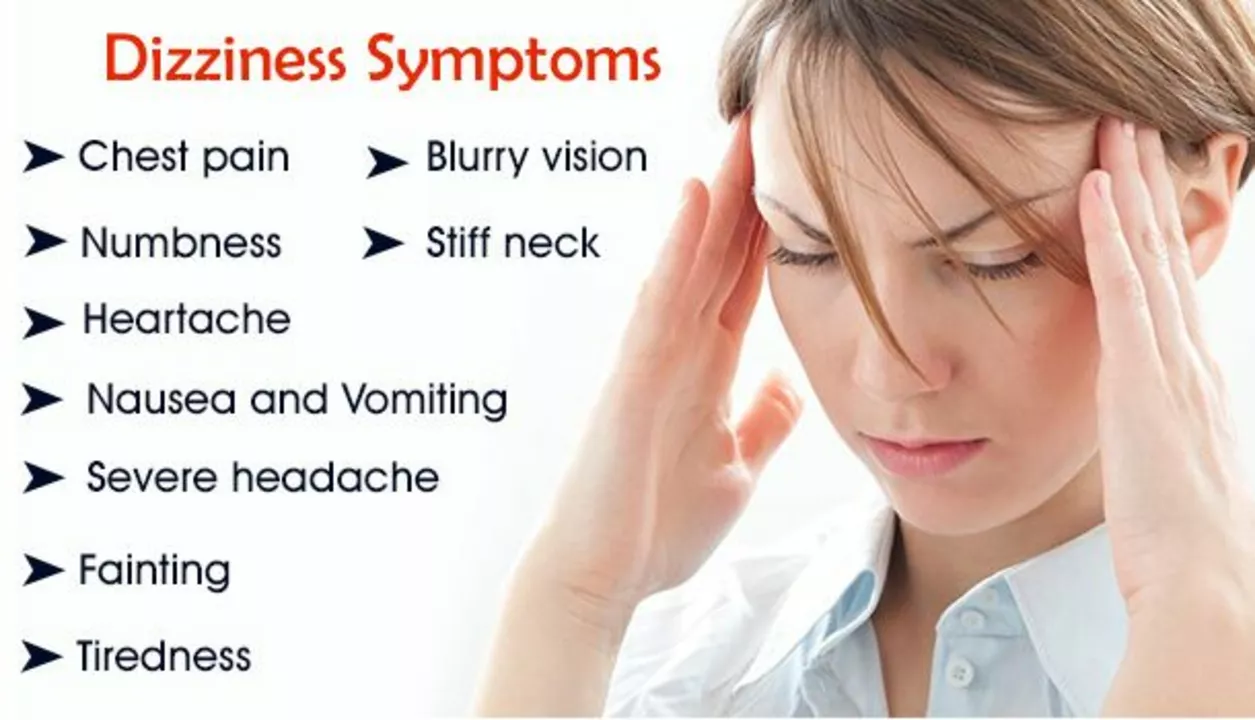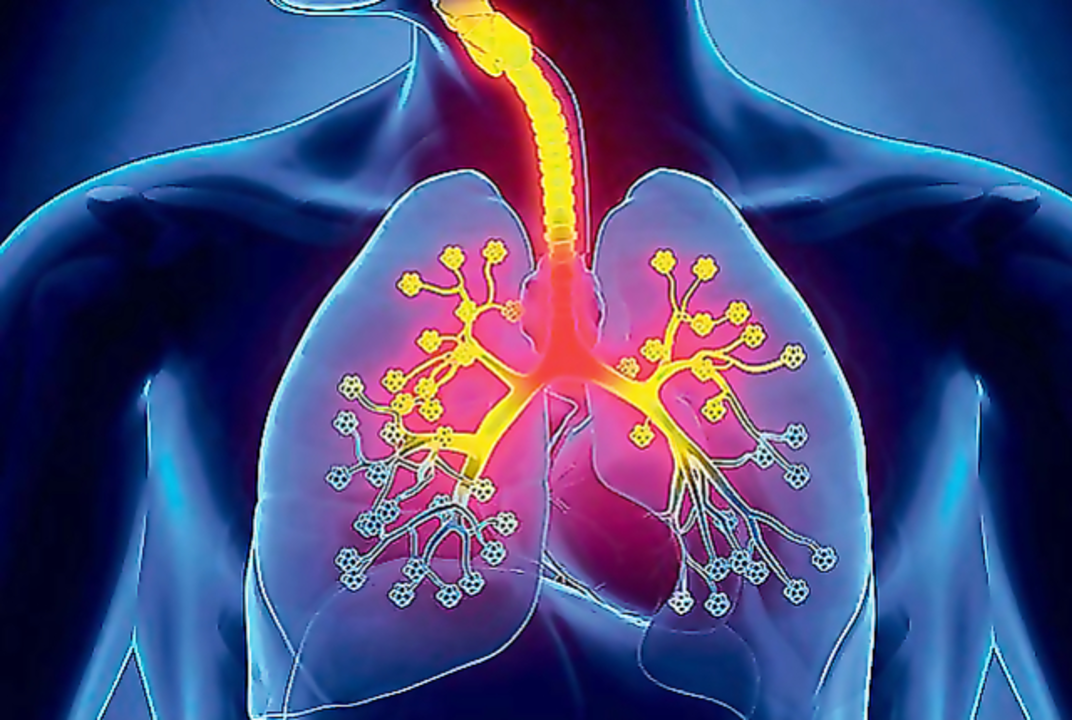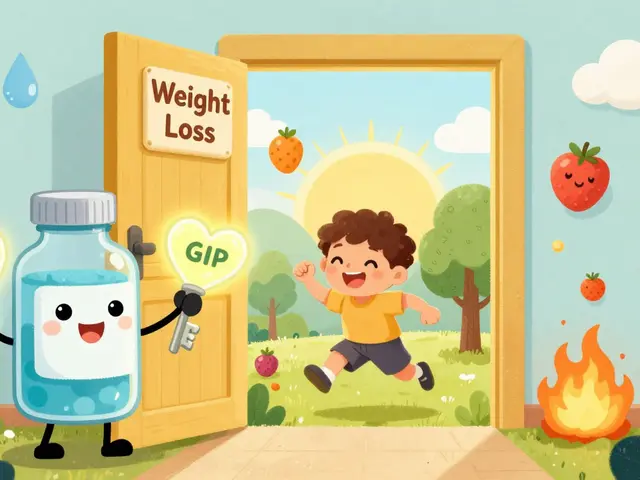April 2023 Archive — Practical Reads on Meds, Side Effects, and Care
This month we focused on real patient concerns: drugs that may cause unexpected side effects, how infections are treated, and the link between chronic pain and mood. If you want straight, usable info without medical jargon, you’re in the right place. Below I summarize each post and give quick steps you can use right away.
What we covered
Nifedipine and hair loss: a few people reported increased shedding after starting nifedipine for high blood pressure. It’s not common, but if you notice thinning after a new prescription, don’t ignore it. Track when the change started, take photos, and talk to the prescriber — they can decide whether to switch medications or check other causes like thyroid problems or nutritional gaps.
Cephalexin for pneumonia: a pulmonologist’s take reminded readers that cephalexin can work for bacterial pneumonia but won’t help viral cases. Antibiotics need the right target. If your doctor prescribes an antibiotic, ask why they chose that one, how long to take it, and what side effects to watch for. Sticking to the full course and returning if symptoms worsen are simple ways to protect your recovery.
Bicalutamide and fatigue: hormone therapy can make you feel wiped out. Small, practical changes helped some readers: regular light exercise, consistent sleep schedule, better hydration, and prioritizing protein at meals. If fatigue is severe or sudden, report it — your care team can check for anemia, hormone levels, or other causes and adjust treatment if needed.
Chronic pain and depression: these two often feed each other. When pain limits activity, mood can drop; low mood can make pain feel worse. Treating both together works better than treating one alone. Consider coordinated care: a primary doctor, a pain specialist, and mental health support. Simple steps like paced activity, short daily walks, or a referral for cognitive behavioral therapy can break the cycle.
Quick practical steps you can use now
If you start a new drug and notice a new problem: document timing, stay on the medication unless told otherwise, and contact your prescriber. For infection treatment, ask about the exact diagnosis and why a specific antibiotic was chosen. For fatigue on cancer meds, try small lifestyle adjustments and get tests to rule out treatable causes. For chronic pain plus low mood, ask for a combined plan — pain relief plus mental health support often speeds recovery.
If one of these posts hits close to home, read the full article linked from this archive and save questions for your next appointment. I’ll keep sharing practical tips and real-patient perspectives so you can make informed choices and get better care faster.







